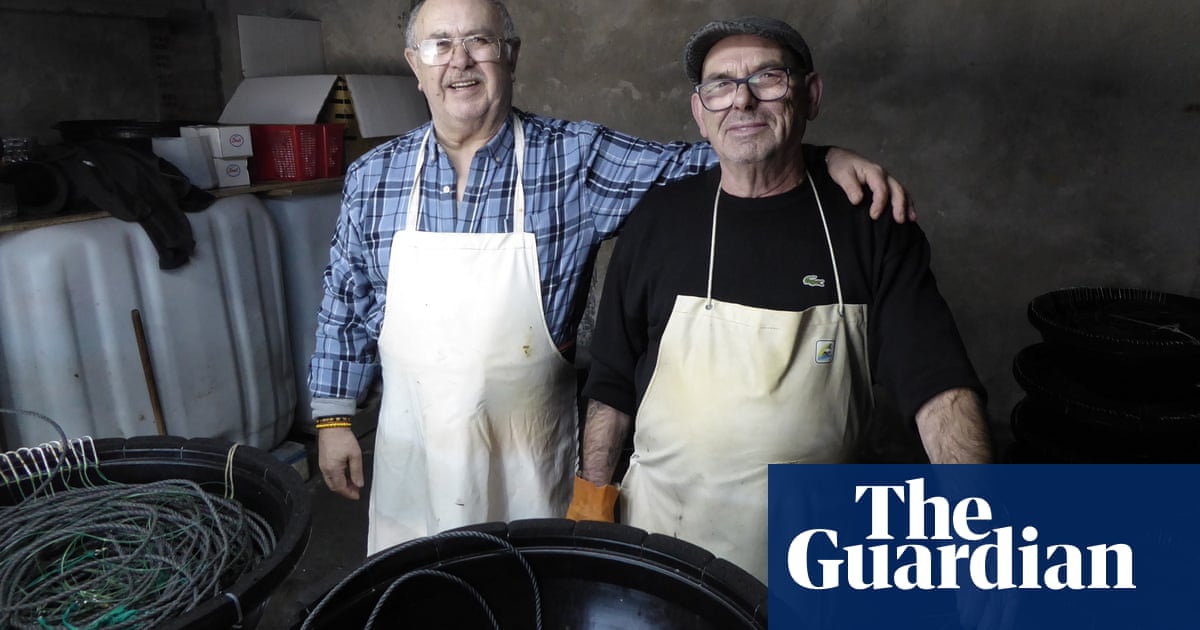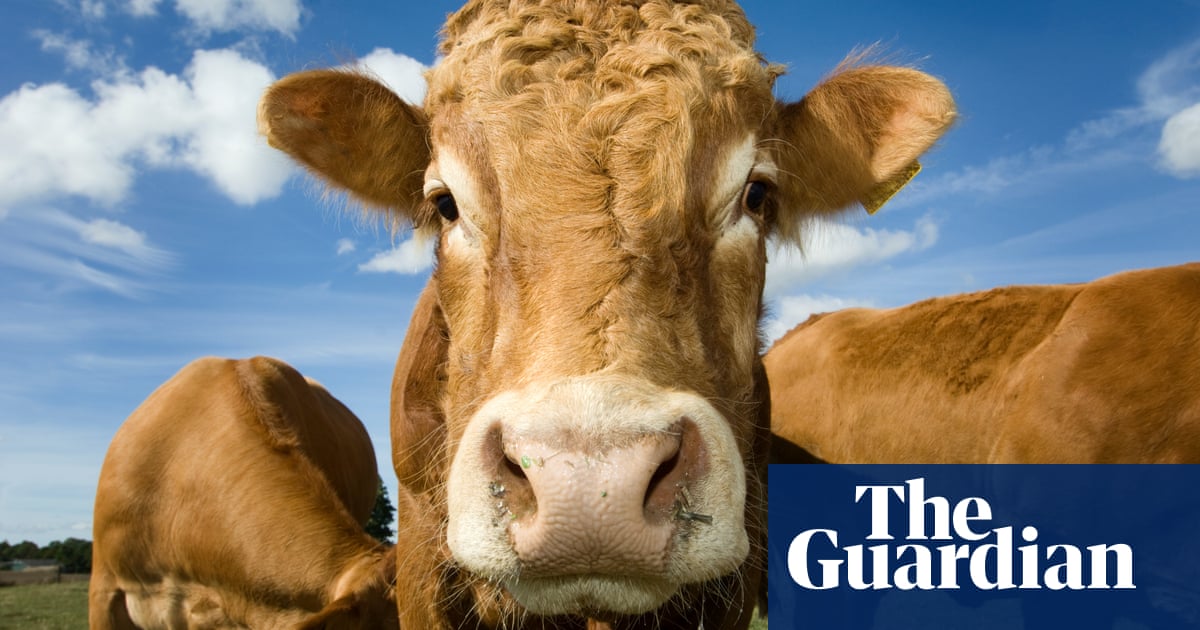
‘It’s eating what the sea provides’: Galicia’s Atlantic diet eclipses Mediterranean cousin
In Fisterra in north-west Spain, a diet rich in seafood, fruit and vegetables survives, and has been found to reduce the risk of type 2 diabetes and heart-related conditions
Dr Dariush Mozaffarian, a cardiologist and the director of the Food is Medicine Institute at the Friedman school at Tufts University, has welcomed the trial results from the other side of the Atlantic. “The trial is important, because ‘common sense’ around a healthy diet has in recent years devolved into raging social media battles over radical fad diets,” he says. “This trial provides important confirmatory evidence on what we’ve learned to be true over the last 20 years: a healthy diet is rich in minimally processed fruits, veggies, nuts, seafood, and other fibre and phenolic rich foods, and low in highly processed grains, starches, sugar and salt.”
Although Calvo acknowledges the Atlantic diet has many similarities to the Mediterranean diet – not least the heavy use of olive oil, the ubiquity of fresh fruit and vegetables, and the fact that both are based on fresh, local and seasonal foods – she insists there are a few fundamental differences. She points to the Atlantic diet’s fondness for brassicas, such as cabbage and greens, which are high in glucosinolates – organic compounds that have been shown to help prevent certain kinds of cancers and other illnesses.
She does, however, warn that the diet’s inclusion of cheese and potatoes should not be seen as carte blanche to reach for the cheesy chips. “What we have shown in our clinical studies is that the dietary habits of the Atlantic diet are associated with better metabolic health and lower levels of cholesterol, lower BMI and less metabolic syndrome,” she says. “That doesn’t mean the ingredients on their own are healthy – it means the pattern and combination of these foods has healthy effects. At the end of the day, it’s about following the advice we so often provide: a varied and diverse diet that takes into account quantities and physical activity and health.”






